The One Thing I Hate About Typology
As an MBTI® practitioner, it often feels like I live, eat, and breathe typology. Between coaching people about their type, writing about type, and making videos about type, a lot of my time involves dealing with people and their perceptions of type.
But there are times when I feel like throwing in the towel and walking away from typology, even though it’s something that has made countless improvements to my life. This thing is incredibly prevalent in type communities like Facebook type groups, Twitter type conversations, or even Instagram type-related posts.
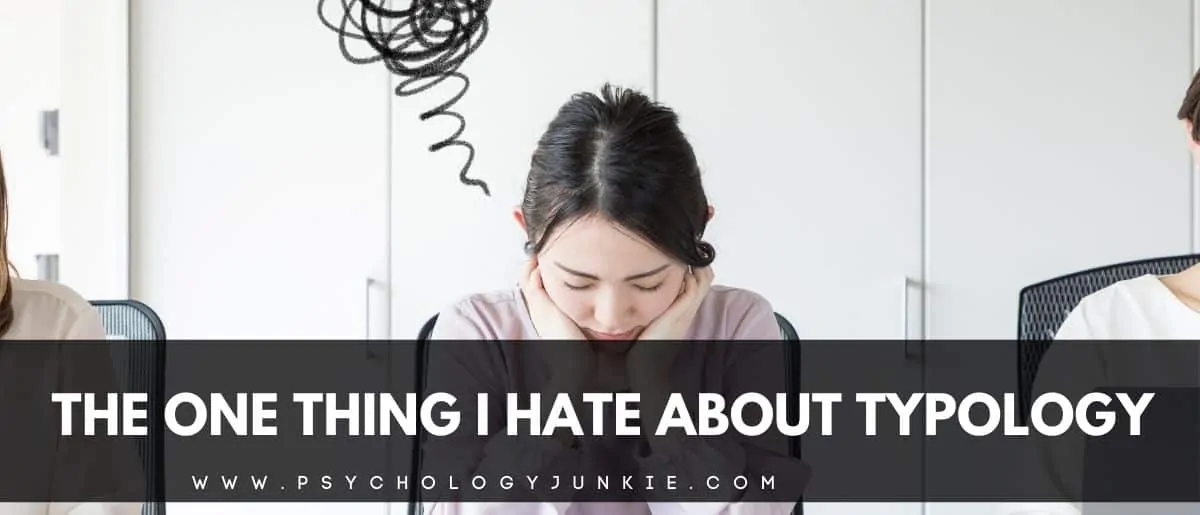
This article contains affiliate links. If you purchase any of the books recommended in this article I get a small commission from Amazon in order to pay hosting fees for my site.
Estimated reading time: 12 minutes
The one thing I hate about type is how people use it to limit themselves and/or others.
“I can’t get along with NFJs because they don’t care about logic.”
“I could never date a sensor because we couldn’t have deep conversations.”
“I’ll never be able to do sports because I don’t have Extraverted Sensing.”
“I’m an Intuitive so I’m not practical and I’d be a total mess without a sensor to handle life for me.”
“ People always misunderstand my type the worst. Everyone else has it easier. They’re just not as deep as me.”
“ Why are people at work assuming I’m not going to be good at things because I’m a feeler?”
“Why do people think I’m mean because I’m a thinker?”
I hear some variation of these statements daily – either from people I’m working with or people on the internet.
But here’s the thing: Type isn’t a cage. Type isn’t a set of locked boxes.
The Nature Element of Type
Your personality type is born with you. You’re born with a disposition towards certain preferences. If you’re an INFP, for example, you’re born with an innate preference for Introverted Feeling and Extraverted Intuition.
Does this mean you’ll be bad at math?
Does this mean you’ll cry about every little thing?
Does this mean your room will always be a mess?
I’ve known enough INFPs in my life to say unequivocally that the answer is no. I’ve known INFP math majors who live, eat, and breathe math the way I live, eat, and breathe typology. I’ve spoken with dozens of INFPs who rarely, if ever, cry publicly. There are plenty of INFPs who keep clean rooms (and plenty who don’t – this one’s a mixed bag).
Your personality type is not a set of limits. Why? Well, let’s look at the other things you’re born with.
A family. Your parents, siblings, grandparents, aunts, and uncles – all these people have an influence on you. And chances are, they don’t have the same personality type as you.
A culture – If you’re born in Japan, then silence is considered valuable. If you’re on a train, everyone will try to be quiet so that they can experience “contemplation and peaceful reflection.” A culture like Japan is well suited to introverts and intuitives alike.
If you’re born in Italy, you’re likely to have grown up with a strong sense of family and community. Sharing family recipes, gathering regularly with extended family, and taking part in lively, jovial conversations would be part of normal life. A culture like Italy’s is probably well-suited to Extroverts and Feeling types.
Individuality – Your personality type doesn’t embody everything that you are. You’ll develop unique tastes, find heroes and role models, and develop interests that stretch the walls of your personality type and give you a unique shape and outlook that is all your own.
For example, if you’re an INTP but your hero is Pope Francis (an ESFJ) you may develop certain traits that he has because you admire him.
Enneagram type – If you’re an ENFP Three you’re going to look a lot different than an ENFP One. Your Enneatype impacts your coping mechanisms, fears, desires, and the ways you present yourself to the world. You can find out more about the MBTI and the Enneagram here.
Think of your personality type as a journaling platform.
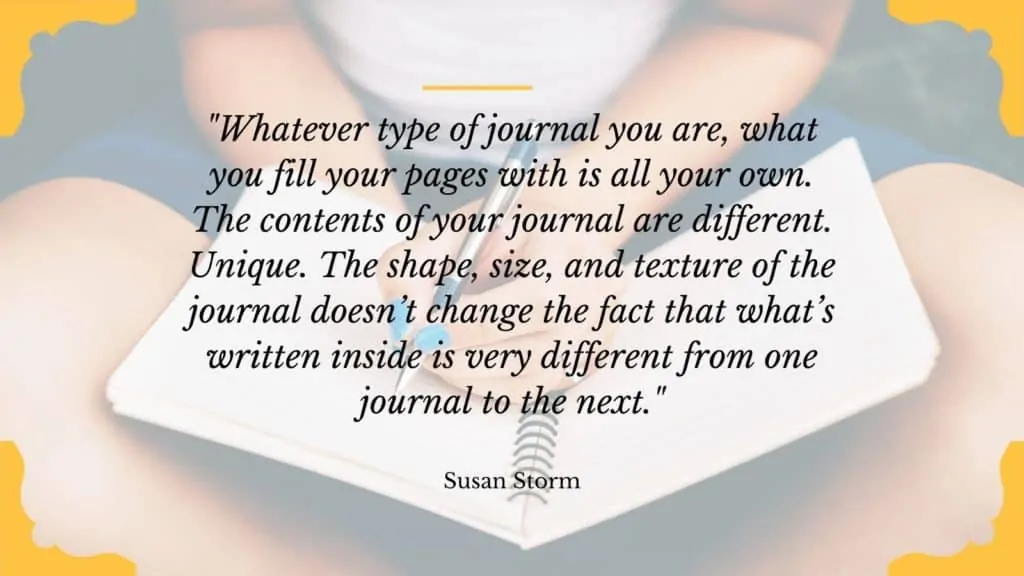
Maybe you’re an online journal that’s shared publicly with everyone.
Maybe you’re an old-fashioned, leather-bound journal that has a secret code someone needs to enter in to read (I’m looking at you INxPs)
Maybe you’re a bullet journal.
Maybe you’re a dream journal.
Maybe you’re more of a daily planner
But whatever type of journal you are, what you fill your pages with is all your own. The contents of your journal are different. Unique. The shape, size, and texture of the journal doesn’t change the fact that what’s written inside is very different from one journal to the next.
You can be a sensor who loves deep conversations.
You can be a feeler who knows how to take criticism and handle emotionally tough situations.
You can be a perceiver who follows a to-do list.
You can be an intuitive who handles dozens of practical tasks daily.
You can be a deeply compassionate, caring thinking type.
Isabel Briggs-Myers never said anything like, “Thinkers are uncaring.” “Feelers are weak.” “Sensors are shallow.” “Intuitives are airheads.” But somehow these messages have perpetuated across type circles everywhere.
Here are some things that are written about each personality type that might contradict what you’re used to hearing.
Isabel Briggs Myers on Extraverted Intuitives (NP personality types)
“Thus intuitives’ lives tend to be a series of projects. If they are lucky enough to find their calling in a line of work that permits such a stream of projects, the successive enthusiasms build themselves into a coherent career. For writers, it may be a sequence of books, each presenting a different problem to be solved, written, and put on the shelf. For a person in business, it may be successive expansions of the business into new fields; for a salesperson, the conquest of new prospects; for a politician, a progression of campaigns for higher and higher offices; for a college professor, the renewed challenge of an entering class; and for a psychiatrist, the intricate mystery of each new patient’s mind.” – Gifts Differing
While many people describe NPs as scattered, flighty, or even hyperactive, as you can see from this excerpt, those adjectives are limiting. NPs like variety, trying new things, facing new challenges, and following their enthusiasms and inspirations. Whether that means creating a business that grows and transforms every year or teaching a philosophy class, they’re capable of a great variety of things if their intuition is sparked by the possibilities there. Their intuition is the journal, but what they write inside of it with their life story is completely unique.
Neuroscience expert Dario Nardi on Extraverted Thinkers (TJ personality types)
“Overall, when Timely Builders (TJs) “care with their best formulas”, they can do a lot of good for humanity. In their productive, objective way, they build or manage to meet a deep human need. They may do this through a company, process, or even a machine. Whatever it is, they aim to be realistic and fair about human behavior, and they can deliver efficiently and humanely in a large-scale way that few others can accomplish.” – The Magic Diamond – Jung’s 8 Paths for Self-Coaching.
As you can see, coldness and inconsideration are not hallmarks of the healthy TJ personality type. When TJs care for people, they find solutions for people. When they see people being treated unfairly, they try to re-work the structure those people are in to make it more humane, effective, and generous.
Isabel Briggs-Myers on the Introverted Intuitive (NJ) personality types:
“Among research scientists and design engineers, introverted intuitives tend to stand at the top. INTJs are somewhat more likely than INFJs to be interested in scientific and technical matters, but when INFJs are interested, they appear to be just as good.” – Gifts Differing
For the people who think of Intuitives as “flighty” or INFJs as “naturally illogical” this segment from Isabel Briggs-Myers herself might come as a surprise.
Dario Nardi on Introverted Sensation (SJ) personality types.
“They look for ways to stabilize their environment, to make things comfortable, predictable, and safe – to keep things within the scope of their practical experience and guard against unpleasant outcomes….In practice, Cautious Protectors (SJs) often seek greater clarity. They will listen, ask questions, and diligently review, practice, and absorb a lot of information to gain a clearer understanding.” – The Magic Diamond – Jung’s 8 Paths for Self-Coaching.
Does this excerpt make you think of someone who can’t handle a deep conversation? Does this type of person seem “shallow?” In my experience, average to healthy Sensing types are quite interested in deep, conceptual conversations. They just want to make sure the practical matters of the day are tended to first.
Ever get tired of the IFP “Crybaby” stereotype? Here’s something I wrote about IFPs and this online myth:
“Contrary to popular opinion, IFPs are actually quite guarded about their emotional world. This doesn’t mean they never cry around anyone, but if they do they’re likely to hate every minute of it. More than anything, IFPs believe in being authentic and protecting their individual integrity, as well as the integrity of others. They can find meaning and purpose in nature, art, action, poetry, dance, almost anything around them. They have a visceral sense of what’s right and wrong and will follow their moral instincts fearlessly.”
Susan Storm
Dario Nardi on the reasoning capabilities of FJ personality types:
“Friendly hosts (FJs) often rely on a select way to reason with an emphasis on words, and can get highly logical for certain favorite tasks. Often able to recruit whatever resources, anecdotes, and incentives are needed to support their own and others’ needs and values.” – Jung’s 8 Paths for Self-Coaching
When FJs are inspired by something, they can learn all about it in detail. When they are standing up for a value they hold dear, they can logically defend their arguments against the most formidable thinking types. Let’s not write these types off as merely “friendly” or “nice.”
Isabel Briggs Myers on Introverted Thinking (ITP) personality types:
“Introverted thinking types are inclined toward shyness, especially when young, as the chief interests of introverted thinking are little help in small talk or social convention.”
“Introverted thinking types are perceptive, not dominating, as the decisiveness of the thinking usually shows only in intellectual matters.” – Gifts Differing
Many people misjudge ITPs as “cold” or “thoughtless” when it comes to social interactions. While TPs may not know how to navigate the shallow waters of small-talk adeptly, this doesn’t mean they don’t care about others. In fact, from my experiences and conversations with ITPs, I’ve seen quite the opposite. They have a deep well of caring for others and wish to understand people, but they’re more interested in analysis and understanding than tact and small-talk.
Dario Nardi on Extraverted Sensation (SP) personality types:
“Active Adapters (SPs) get quick, tangible results in whatever context they choose to immerse themselves. Research suggests that they tend to use their brains in a highly adaptable way, like someone playing a rapid-fire video game. This shows up on the job, in their social and romantic lives, and in the way they approach personal growth and living life. Perhaps another title for them is “Impactful Realists.” – Jung’s 8 Paths for Self-Coaching
I’ve been in many type communities where people like to talk down about sensors and describe them in childish, vapid terms. Few of these people realize just how much resourcefulness and clever agility SPs bring to the world. Harry Houdini is an excellent example of an Extraverted Sensation (SP) type who had the mental agility and perceptiveness to escape even the most terrifying traps.
Summing It Up…
As you can see from reading this article, type is more flexible than people realize. Many of the stereotypes that are perpetuated about type are incorrect or the product of misunderstandings. I would challenge you to look honestly at your life and recognize the skills you’ve developed that go against your type as well as the ones that support your type.
For me this looks something like this (and apologies in advance if this seems like bragging):
I’m an INFJ who runs a business and supports a family of seven. I keep five children fed, clothed, and supported. I clean the house, brush teeth, and wash little faces every day. I manage a budget and calculate business and home expenses weekly. I have to figure out business strategies and troubleshoot security issues that may come up with my website.
The things above show that I can use Sensation and Thinking to manage my household, even though I’m an NF type.
I also follow my epiphanies about the future and tailor my life around a vision I see of how things will unfold in the days ahead (Intuition). I prize empathic and harmonious connections with people and will put my tasks aside if someone is in need of emotional support (Feeling).
What does this look like for you?
Are you an INTP who writes poetry about your feelings in your spare time? Are you an ESTJ who helps out at a soup kitchen and offers friendly support to others? Are you an INFP who enjoys gardening and learning all the details about soil and how to nurture it to support a wide variety of plants? Are you an ESFJ lawyer who can logically defend people in the courtroom? Are you an ESTP who knows how to get in other people’s shoes and meet them where they’re at emotionally?
Don’t let type limit you. Don’t let typology say what you “can’t” do. Use type to gain more self-understanding, but remember that what you write in your life’s journal is all your own and can’t be controlled by any four-letter code.
What Are Your Thoughts?
Do you agree or disagree with me? Do you have any thoughts or insights to share? Share your thoughts with other readers in the comments!
Find out more about your personality type in our eBooks, Discovering You: Unlocking the Power of Personality Type, The INFJ – Understanding the Mystic, The INFP – Understanding the Dreamer, and The INTJ – Understanding the Strategist. You can also connect with me via Facebook, Instagram, or Twitter!




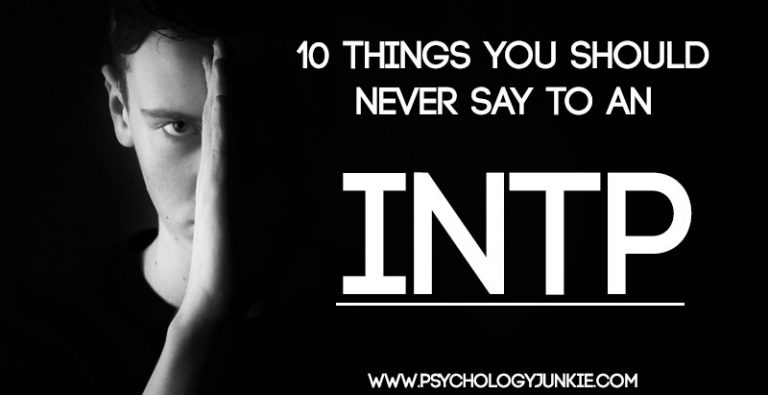
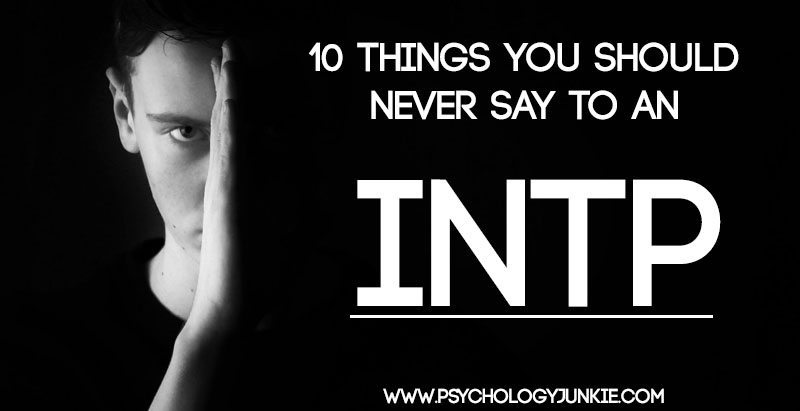








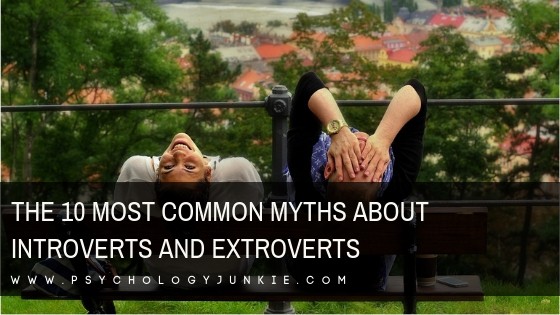
“Are you an INTP who writes poetry about your feelings in your spare time?” Yeah, actually, pretty much. I know how to draw (though I could never seem to figure out how to work with paint), but I mainly express myself through writing. Then I randomly offer my writing anonymously on the internet or to people close only to vent because I wouldn’t talk about it openly in public. I do not actually know what in the world any of my feelings are beyond “good” or “bad” until I externalize it into writing, and get feedback from others on what I’m feeling (Fe). I can’t imagine having it as a job considering that means I have to show all of my writing, poetry or other forms of writing in public without being anonymous, but I do know there are many INTP artists types out there, having auxiliary Ne. Even just being able to imagine what (well intentioned only) people would feel, react or respond to my writing makes me able to figure out what the hell I’m feeling. Without my feelings reflected back into people, I find it difficult to be introspective about my feelings alone without others’ help to make sense of them. I always need an imaginary audience of supporters at the very least to know what the hell am I feeling, but so far, journaling has been with me since my preteens. Wouldn’t it be nice to be able to just write alone without having the desire to embarrass myself in front of people? Yet outside of my journals, which is less organized thoughts but random info dumping to analyze my situation, I can never seem to write just for myself alone. I can’t make art for art’s sake. Someone has to see it, even if it’s just one person. I do think I can make sense of emotions, but I admit I can’t seem to do it as independently as many feelers do, and learning to rely on others is a bit of a struggle. Maybe someday I will be more open about it, and I won’t go around sending anonymous writing to random parts of the internet, but oh well.